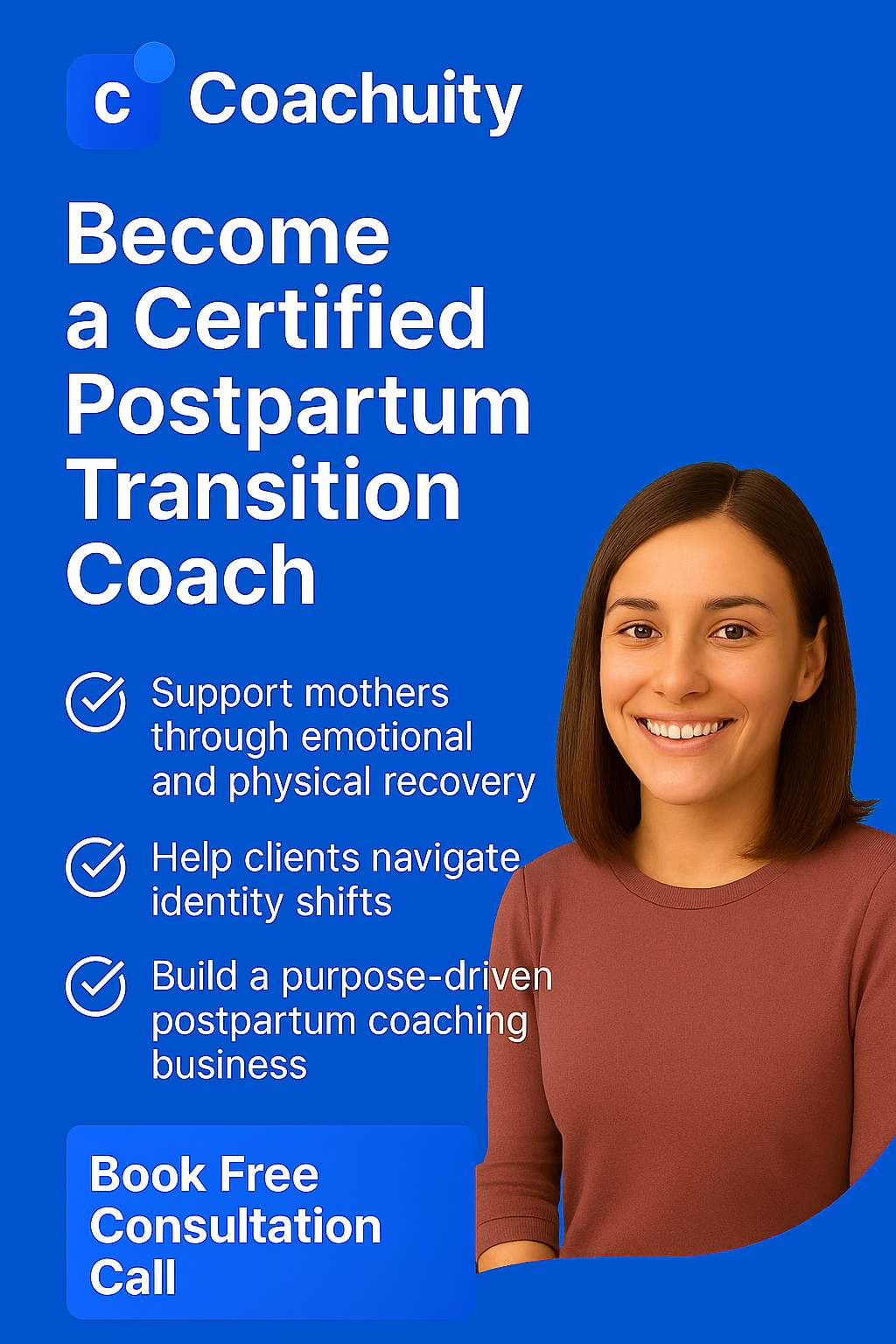
Help Women in Motherhood Transitions: Guidance, Support, and Empowerment
![]() November 08, 2024
November 08, 2024
Motherhood is one of the most profound life transitions a woman can experience. From pregnancy and birth to the early stages of parenting, each step brings both joy and challenges. For many women, the transition into motherhood can feel overwhelming—physically, emotionally, and mentally. The shift in identity, responsibilities, and lifestyle can spark feelings of uncertainty, anxiety, or even isolation. This is why dedicated programs designed to help women in motherhood transitions are so vital. These initiatives provide structured emotional support, practical tools, and community connection that empower women to embrace their new role with confidence. By combining expert coaching, peer mentorship, and resources tailored to maternal needs, these programs make the journey smoother, more fulfilling, and deeply rewarding. Helping women through motherhood transitions requires more than just encouragement; it demands comprehensive resources and strategies that address the whole person. Below are some of the unique features and benefits that make these programs impactful: Many new mothers experience heightened stress, mood swings, or postpartum anxiety. Programs provide professional guidance, mindfulness practices, and stress-management tools that support emotional balance. Mothers learn to prioritize self-care while caring for their newborns. From feeding schedules to sleep routines, the early days of parenting can feel like a constant learning curve. Support programs offer practical resources and coaching that simplify daily challenges, helping women feel more capable and less overwhelmed. Motherhood often reshapes a woman’s sense of self. Transition programs encourage participants to explore their evolving identity, set healthy boundaries, and maintain balance between their roles as mothers, partners, and individuals. One of the biggest challenges of motherhood transitions is isolation. These programs often include group sessions or online communities where women can connect with peers, share experiences, and find reassurance that they are not alone. The lessons learned in these programs extend far beyond the newborn stage. Women gain coping mechanisms, communication skills, and confidence that will benefit them throughout motherhood and beyond. Motherhood transition support programs are designed for women from all walks of life who are navigating the profound shift into parenthood. They are particularly suited for: First-time mothers who are experiencing parenthood for the first time and seeking guidance. Working mothers balancing professional responsibilities with new caregiving roles. Mothers experiencing postpartum challenges, including stress, anxiety, or low confidence. Women without a strong support network who may feel isolated in their journey. Mothers seeking personal growth alongside parenthood, wanting to thrive as individuals as well as caregivers. By addressing the needs of these groups, programs ensure inclusivity and accessibility, offering both personalized and community-driven support. When women participate in structured motherhood transition programs, the impact is significant and often life-changing. Participants can expect outcomes such as: Increased self-confidence in their parenting abilities. Stronger emotional resilience to manage stress and challenges. Improved mental wellbeing, reducing feelings of overwhelm. A greater sense of identity and balance beyond the role of “mother.” Lasting friendships and peer support networks. Practical skills and strategies that make daily routines smoother. These outcomes not only benefit the mothers themselves but also create healthier family dynamics, stronger parent-child bonds, and more supportive home environments. The transition to motherhood is a critical period that shapes both a woman’s wellbeing and her child’s development. Studies show that when mothers receive the right support during this phase, they are more likely to experience positive mental health, stronger bonds with their children, and increased satisfaction in their role as caregivers. Without adequate support, mothers risk facing burnout, isolation, or prolonged emotional struggles. By investing in structured transition programs, women gain the confidence, tools, and resilience to thrive—not just survive—through this transformative chapter of life. Motherhood transitions are not meant to be faced alone. With the right guidance, support, and community, every woman can step into this new chapter with strength, confidence, and joy. If you or someone you know is navigating the challenges of early motherhood, now is the time to seek support. Join our Motherhood Transition Support Program today and discover a community of mentors, peers, and resources designed to empower you through every stage of the journey. Take the first step toward a balanced, confident, and fulfilling motherhood experience. Enroll today and embrace the transformation with clarity and support.Help Women in Motherhood Transitions: Guidance, Support, and Empowerment
Introduction
Key Benefits and Features of Motherhood Transition Support Programs
1. Emotional Wellbeing and Mental Health Support
2. Practical Parenting Tools
3. Identity Reinforcement and Self-Discovery
4. Peer-to-Peer Community Connection
5. Long-Term Skills for Resilience
Who These Programs Are For
Expected Outcomes for Participants
Why Support During Motherhood Transitions Matters
